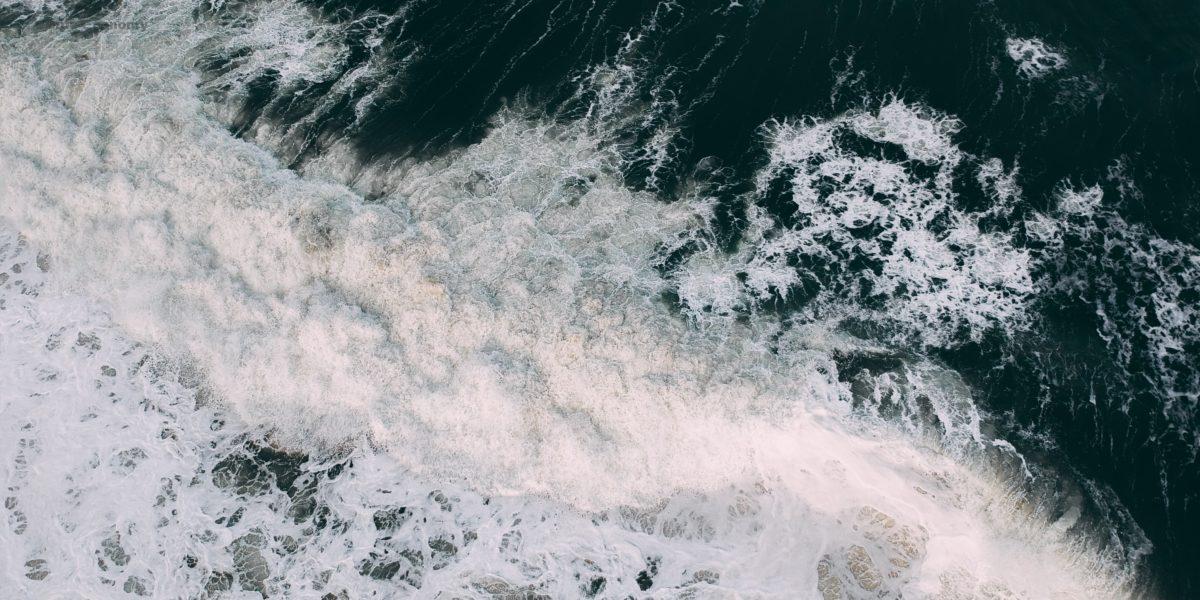This in-depth discussion occurred during The American Association for the Advancement of Science (AAAS) 2022 Annual Meeting.
From February 17-20, 2022, The American Association for the Advancement of Science (AAAS) hosted its annual conference. During the conference, Fernando Bretos, Program Officer for The Ocean Foundation (TOF), participated in a panel specifically devoted to exploring Ocean Diplomacy. With over 20 years of field experience, including over 90 trips to Cuba for scientific initiatives,
Fernando shared his ample experience navigating the diplomacy required to execute meaningful conservation work around the world. Fernando helps lead TOF’s Caribbean team, focused on strengthening regional cooperation and technical and financial capacity in all aspects of marine and coastal sciences. This includes socio-economic sciences while supporting sustainable policy and management of the unique cultural and ecological resources of the Caribbean region. AAAS’s panel brought together practitioners finding unique solutions to supersede politics in the name of ocean health.

AAAS is an American international non-profit organization with the stated goals of promoting cooperation among scientists, defending scientific freedom, and encouraging scientific responsibility. It is the largest general scientific society in the country with over 120,000 members. During the virtual meeting, panelists and attendees dove into some of the most consequential scientific issues facing our society today.
Climate change and the innovative responses against this stressor are gaining urgency and visibility as a global news story. Climate change and ocean health affect all countries, particularly coastal ones. Therefore, it is important to work across borders and maritime boundaries for solutions. Yet sometimes political strain between countries gets in the way. Ocean diplomacy uses science to not only conceive solutions but build bridges between countries.
What Can Ocean Diplomacy Help Achieve?
Ocean diplomacy is a tool to encourage countries with adversarial political relationships to develop shared solutions to common threats. As climate change and ocean health are urgent global issues, solutions to these issues must occupy the higher ground.

Improving International Cooperation
Ocean diplomacy buoyed relationships between the U.S. and Russia, even during the height of the Cold War. With renewed political tension, the U.S. and Russian scientists surveyed shared resources such as walruses and polar bears in the Arctic. The Gulf of Mexico Marine Protected Area Network, born out of the 2014 rapprochement between the U.S. and Cuba, recruited Mexico to what is now a regional network of 11 protected areas. It was created via the Trinational Initiative for Marine Science in the Gulf of Mexico, a working group that since 2007 has united scientists from the three nations (U.S., Mexico, and Cuba) to conduct collaborative research.
Expanding Scientific Capacity & Monitoring
Ocean Acidification (OA) monitoring hubs are critical to gathering scientific data. As an example, there are current efforts in the Mediterranean to share OA science to impact policy. Over 50 scientists from 11 northern and southern Mediterranean countries are working together in spite of external and political challenges. As another example, The Sargasso Sea Commission binds 10 countries that border two million square miles of open ocean ecosystem under the Hamilton Declaration, which helps manage jurisdiction and use of high seas resources.

Ocean science diplomacy is the work of intrepid scientists, many working behind the scenes to advance regional goals. AAAS’s panel gave an in-depth look at how we can work together across boundaries to help achieve our collective goals
















